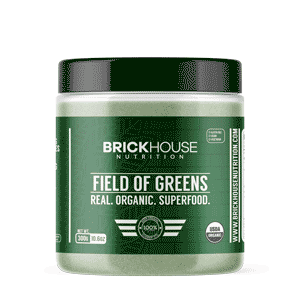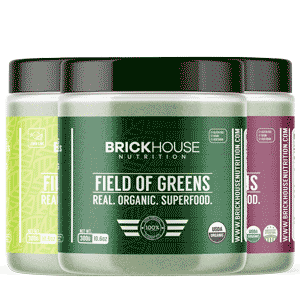Intermittent fasting has been having a shining moment in the wellness industry for some time now — from being a popular complement to the keto diet to being used as a way to help easily cut calories and support weight loss efforts, it’s something that’s become an increasingly popular habit.
In this article, we’re sharing what it is, what the benefits are, and some of the different intermittent fasting methods you may want to consider if you are just getting started.

